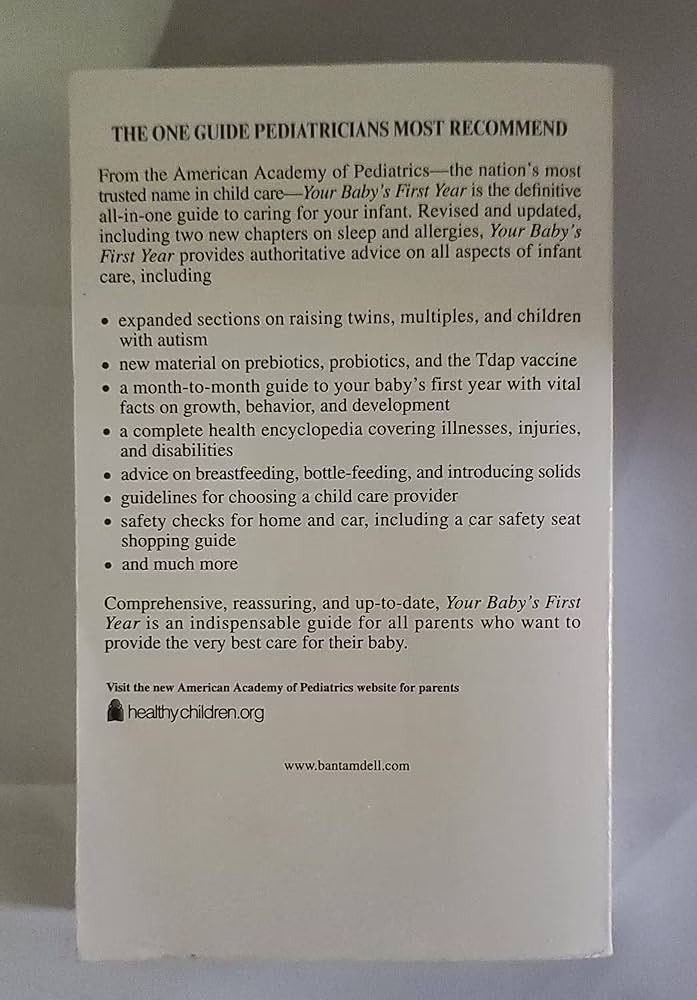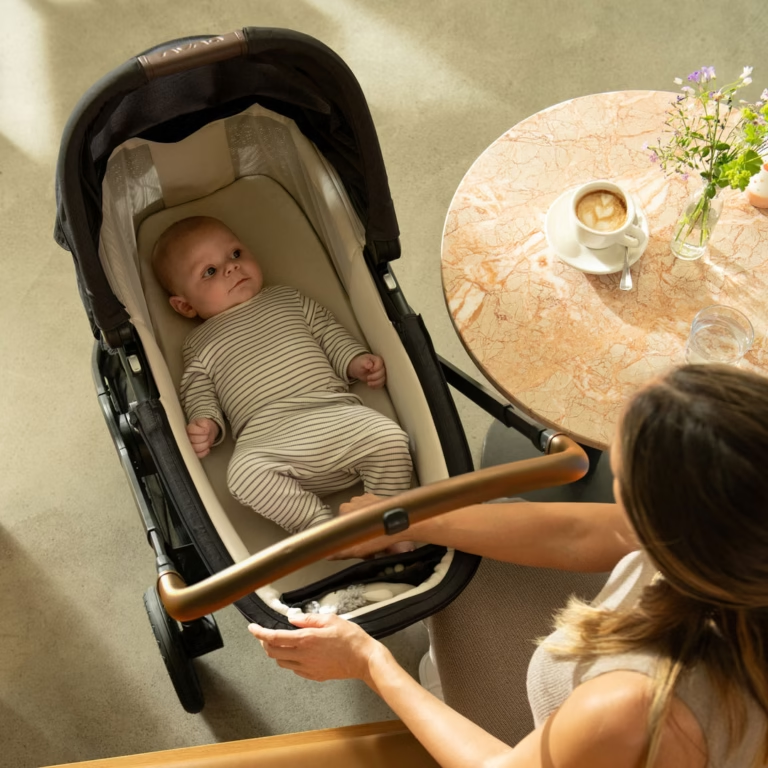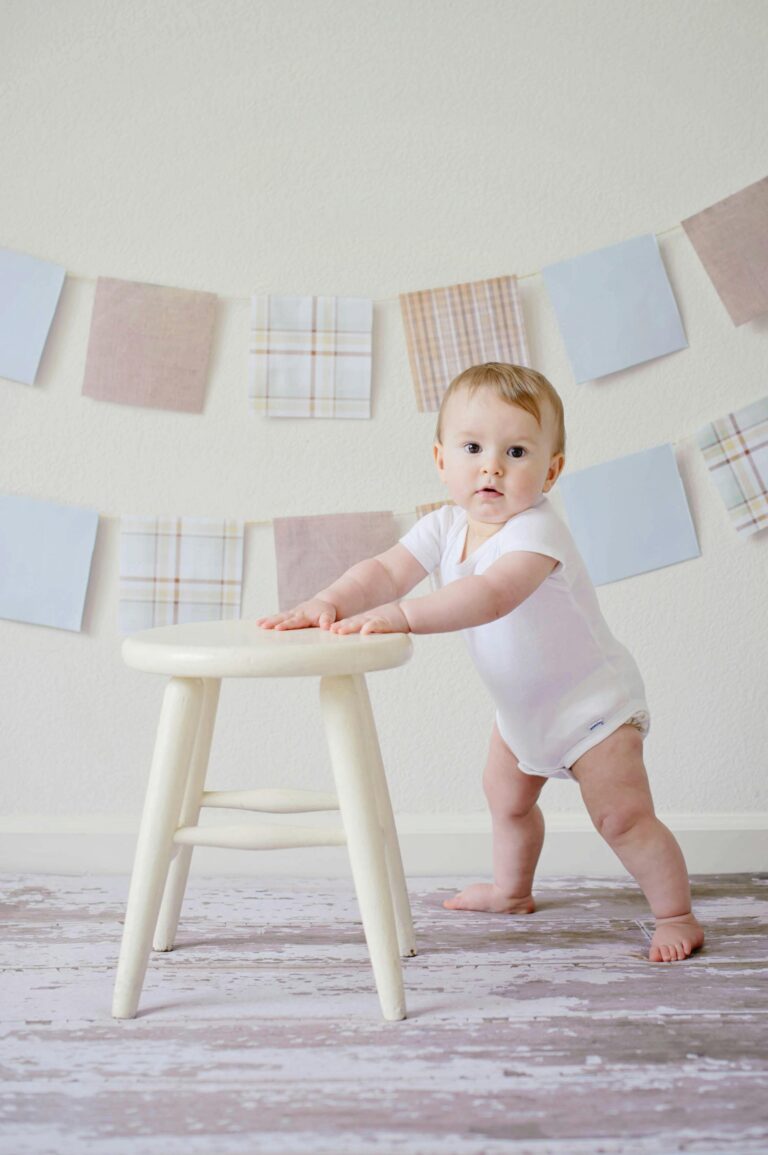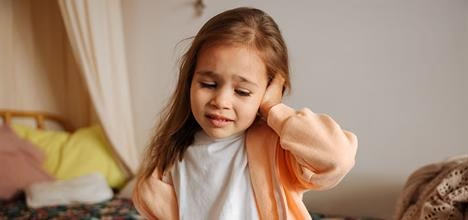How to Prevent Ear Infections in Babies: Expert Tips
To prevent ear infections in babies, ensure they are vaccinated and maintain good hygiene. Breastfeeding also helps safeguard against infections due to antibodies in breast milk.
Ear infections in babies can be a common and stressful issue for parents to navigate. Ensuring your baby’s health and comfort involves preemptive measures. Simple actions such as frequent hand-washing and avoiding exposure to cigarette smoke can significantly reduce the risk of infections.
Vaccinations play a pivotal role in prevention, as they arm the immune system against potential threats. Breastfeeding for at least the first three months can impart critical antibodies to the infant, providing an additional layer of defense. Maintaining an upright position during bottle-feeding can help prevent the backflow of fluids into the eustachian tubes. These practices, combined with a clean and smoke-free environment, can help keep your baby’s ears infection-free.
Recognizing Ear Infection Risk In Babies
Ear infections in babies are often due to common colds, throat infections, or upper respiratory problems. These illnesses can cause bacteria to enter the middle ear via the eustachian tubes.
Eustachian tubes in babies are shorter and straighter than in adults. This makes it easier for germs to reach the middle ear. Also, bottle-feeding while lying down can lead to fluid build-up, which may increase infection risk.
To detect an ear infection in your baby, look for signs like trouble sleeping, irritability, or tugging at their ears. Babies may also have fever or difficulty hearing. Consistent handwashing and keeping babies upright during bottle-feeding can help prevent these infections.
The Importance Of Proper Bottle Feeding
Proper bottle feeding is crucial for a baby’s health. Ear infections often stem from incorrect feeding positions. Be sure to always hold your baby in an upright position during bottle-feedings. An angle of at least 30 degrees ensures that milk goes directly to the stomach. This prevents milk from entering the middle ear, which can cause infections.
As babies grow, transitioning away from bottles can further reduce infection risks. Begin introducing a sippy cup around the age of six months. This reduces the suction action linked to middle ear fluid accumulation. Over time, move completely to cup drinking, which doesn’t require sucking and is better for ear health.
Breastfeeding Benefits
Breast milk is rich in antibodies that baby’s bodies need. These antibodies help fight germs that can cause ear infections.
Proper breastfeeding technique can lower the risk. Nurse the baby in an upright position. This keeps milk from getting into the eustachian tubes.
Immune Strengthening Through Vaccination
Protecting babies from ear infections starts with timely vaccinations. Flu shots are critical for infants starting from six months. Vaccines help keep babies healthy and less prone to infections.
Ensuring babies get their vaccines as per the schedule is key. Doctors give several important vaccines within the first year. These vaccines include shots for pneumonia and influenza.
Flu shots are given annually to provide ongoing protection. The timing is usually before the flu season starts. It’s vital to discuss the best time for flu shots with your pediatrician.
Environmental Factors And Ear Health
Keeping babies away from smoke and pollutants is crucial. Smoke can irritate a baby’s Eustachian tubes, leading to ear infections. Parents should ensure rooms are well-ventilated and free from cigarette smoke.
Regularly clean your baby’s living areas. Use safe cleaning products to remove dust and allergens. These can contribute to respiratory issues, which may cause ear infections. Toys and pacifiers should also be kept clean to prevent the spread of germs.
Hygienic Practices For Infection Prevention
Keeping babies safe from ear infections involves simple hygiene steps. Ensure all toys and surfaces they come into contact with are clean.
Parents and caregivers should practice regular hand washing. It’s key to preventing the spread of germs. Use soap and water and scrub for at least 20 seconds.
- Clean baby’s play area frequently with safe, non-toxic cleaners.
- Disinfect toys regularly, especially after playdates or illness.
- Do not share bottles or pacifiers with other children.
Monitoring And Managing Cold Symptoms
Pay close attention to your baby’s cold symptoms. Look out for signs of ear infections, especially after a cold. Guard against middle ear infections with diligence. Keep babies upright during feeding to prevent liquids from entering the middle ear.
Keep a close eye on symptoms like high fever or unusual fussiness. These might suggest an ear infection. Contact a pediatrician if symptoms persist beyond a day or seem to worsen. Regular hand washing can help prevent colds that lead to ear infections.
Use saline sprays or drops to keep nasal passages moist. A humidifier in the baby’s room may also help prevent colds. Seek a doctor’s advice before using over-the-counter medications for colds in young children.
Frequently Asked Questions On How To Prevent Ear Infections In Babies
What Is The Main Cause Of Ear Infections In Babies?
The main cause of ear infections in babies is often bacteria entering the middle ear, typically during colds or upper respiratory infections.
What Helps Prevent Ear Infections In Babies?
Breastfeed for at least six months, ensure vaccinations are up-to-date, avoid smoke exposure, and practice good hygiene such as frequent handwashing. Feed baby in an upright position.
Can Ear Infections Be Prevented?
Yes, ear infections can be prevented by practicing good hygiene, vaccinating children, avoiding smoke exposure, and breastfeeding infants.
Conclusion
Protecting your baby’s delicate ears from infections is crucial for their comfort and health. By maintaining good hygiene, breastfeeding if possible, and avoiding known risk factors, you can reduce their chances of discomfort. Remember to vaccinate on time and keep your baby’s environment smoke-free.
Always stay alert to early signs of ear trouble, and consult your pediatrician promptly. With these precautions, you can help ensure your baby’s ears stay healthy and infection-free.




